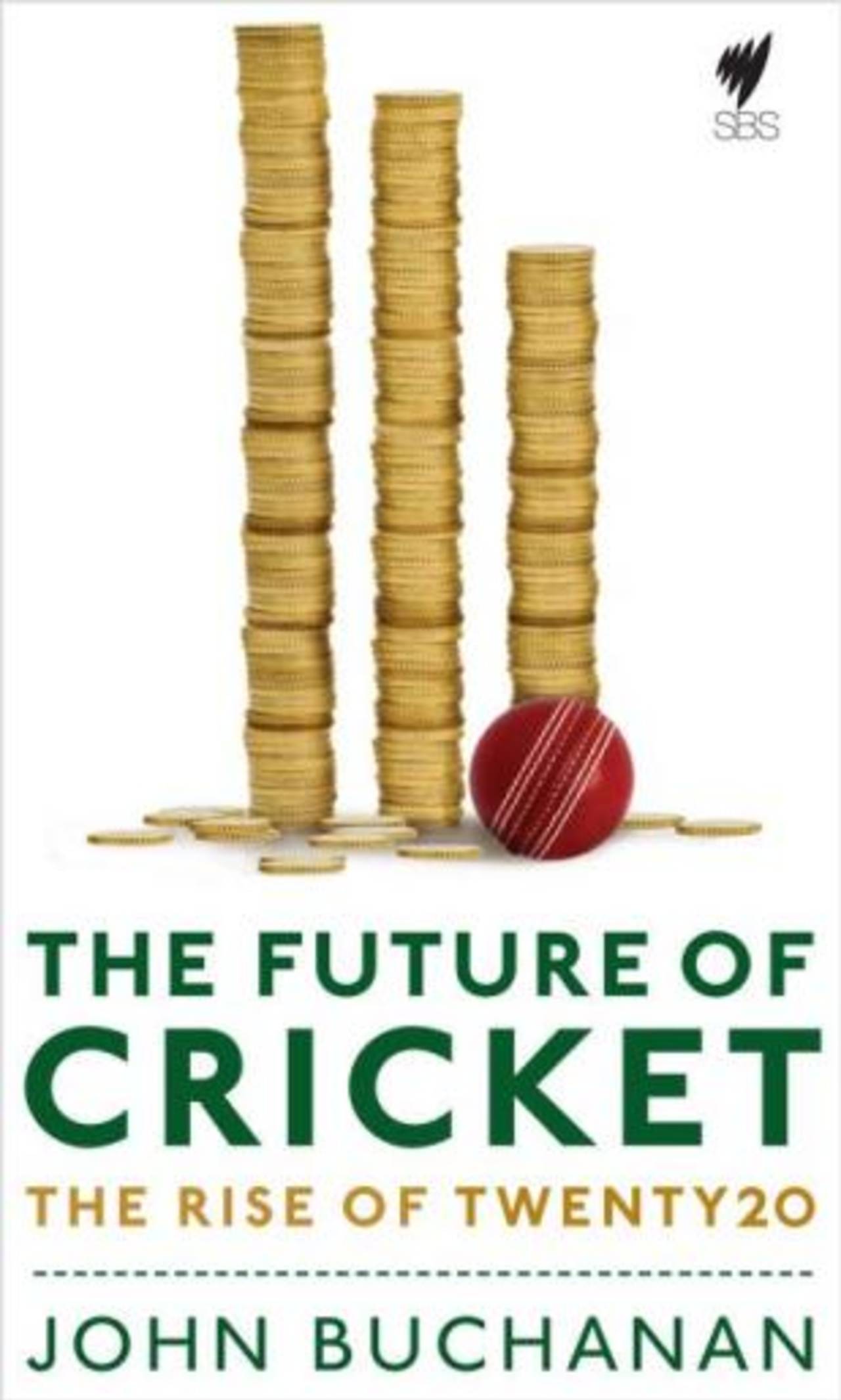The gospel according to John Buchanan
The former Kolkata and Australia coach lays out his vision for Twenty20, but don't expect the inside story on KKR's disastrous second season
Jayaditya Gupta
22-Aug-2009

Getty Images
Sometime in early May, West Indies captain Chris Gayle set off a storm when he said he "wouldn't be so sad" if Test cricket eventually gave way to Twenty20. Two months later he, and the entire West Indies team, walked the talk, pulling out of a Test series against Bangladesh and putting their international careers at risk.
The decision could be taken only because of the insurance provided by Twenty20, which has evolved in its brief lifespan into perhaps the most democratic version of a game long underpinned - and pinned back - by tradition. That notion of democracy works at three levels: the format itself, where anything can happen in 20 overs of cricket; the way Twenty20 is actually played out, through transnational leagues a world away from the traditional inter-national element of cricket's contests; and the overall effect of both these elements, which combine to make the player more powerful than ever by simply offering him more choices.
It's a scenario predicted by John Buchanan, arguably the game's most innovative coach, whose radical thinking polarised opinion even within his own Australian team. Buchanan's appointment at Kolkata Knight Riders raised fascinating possibilities, given that his boss was the hands-on megastar Shah Rukh Khan and his captain the mercurial Sourav Ganguly. The relationship could have gone either way, but two tumultuous seasons later Buchanan was gone, given the thumbs down by SRK after the crowd bayed for blood and the gladiators shrugged their shoulders in bemusement.
Unfortunately - and this is the book's biggest failure - there's nothing here of the 2009 season, where KKR finished last amid a string of controversies; the book stops a few days before the second term was to begin. That's a shame, because it denies us an explanation of some of the disasters, including the inflated fee paid for Mashrafe Mortaza after what seemed to be a Bollywood battle between SRK and Preity Zinta, the "batting strategy" tactic relentlessly pursued through a losing streak, and of course the multiple captaincy theory that saw Ganguly axed in favour of a clearly overawed Brendon McCullum.
Buchanan's spectacular failure at KKR was all the more surprising given his reputation as a sharply analytical, inquisitive person who challenges both his players and his sport. Or perhaps it's because of that, for despite his championing of the IPL, he is deeply concerned about its inherent problem: It is too powerful. That, he says, makes it hidebound, an irony given how truly radical it is as a concept. Having captured the market, is it open to change and evolution, he wonders. He faults the franchise owners, largely far-thinking entrepreneurs who seem to have got cold feet when it comes to continuing the cricket revolution or even in forming a lobby to push for their agenda.
Despite his championing of the IPL, Buchanan is deeply concerned about its inherent problem: It is too powerful. That, he says, makes it hidebound, an irony given how truly radical it is as a concept
That doesn't stop Buchanan from ideating on taking things forward. Twenty20, he thinks, is best suited to selling the game to new markets, and there's no better way to do that than through the Olympics, beginning with (pun not intended) the 2020 Games. The process needs to be taken out of the dressing rooms and the traditional boardrooms and into the hands of big business. Other prescriptions include a Duckworth-Lewis formula specifically for Twenty20, the concept of "double-plays" (getting two wickets with one ball), advancing the coin toss, and restructuring stadiums to include baseball-type batting- and bowling pens.
Then there are the nuggets, the insights of a keen observer into the game and its players. The Naga boy Hokaito, for example, who was desperate for a place on the team because of what it would mean to people back home. And Buchanan's take on Sachin Tendulkar, Rahul Dravid and VVS Laxman, who he writes are unfit for Twenty20 at this stage of their careers; bold words, but who'd really argue with them? He seems fascinated with Ganguly and was both right and wrong in this observation on their relationship: "If push came to shove there would only be one winner, but I doubt it will come to that."
It did, of course; Buchanan's biggest failure was to underestimate what Ganguly meant to KKR - and thereby to its owners. Push came to shove and Buchanan left - but one gets the feeling the loss is as much the IPL's. The game is changing rapidly, but can those in charge change along with it? This coach could have helped ensure they don't miss the bus.
The Future of Cricket: the rise of Twenty20
John Buchanan
Orient Paperbacks, 191pp, Rs 295

John Buchanan
Orient Paperbacks, 191pp, Rs 295
Jayaditya Gupta is executive editor of Cricinfo in India. A version of this review was published in Mint